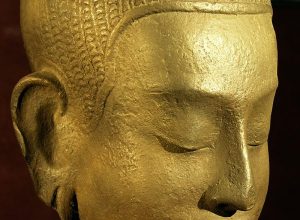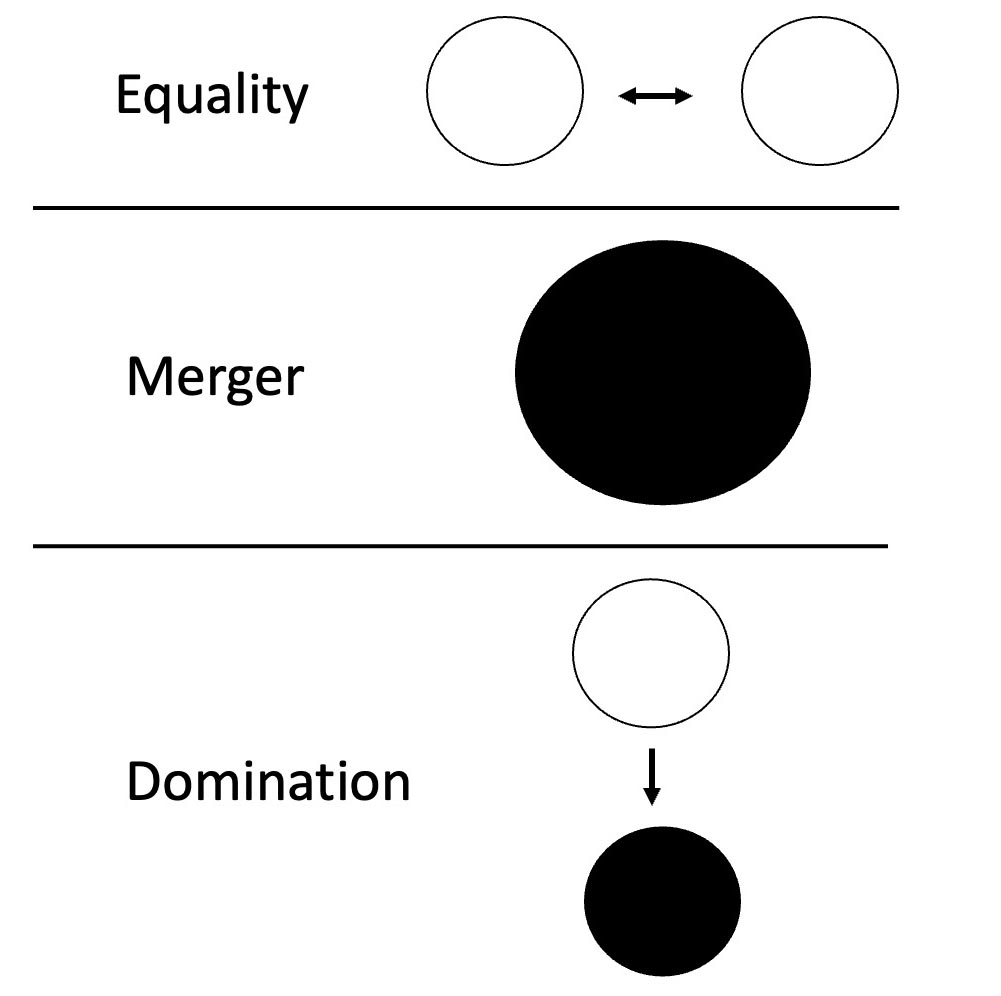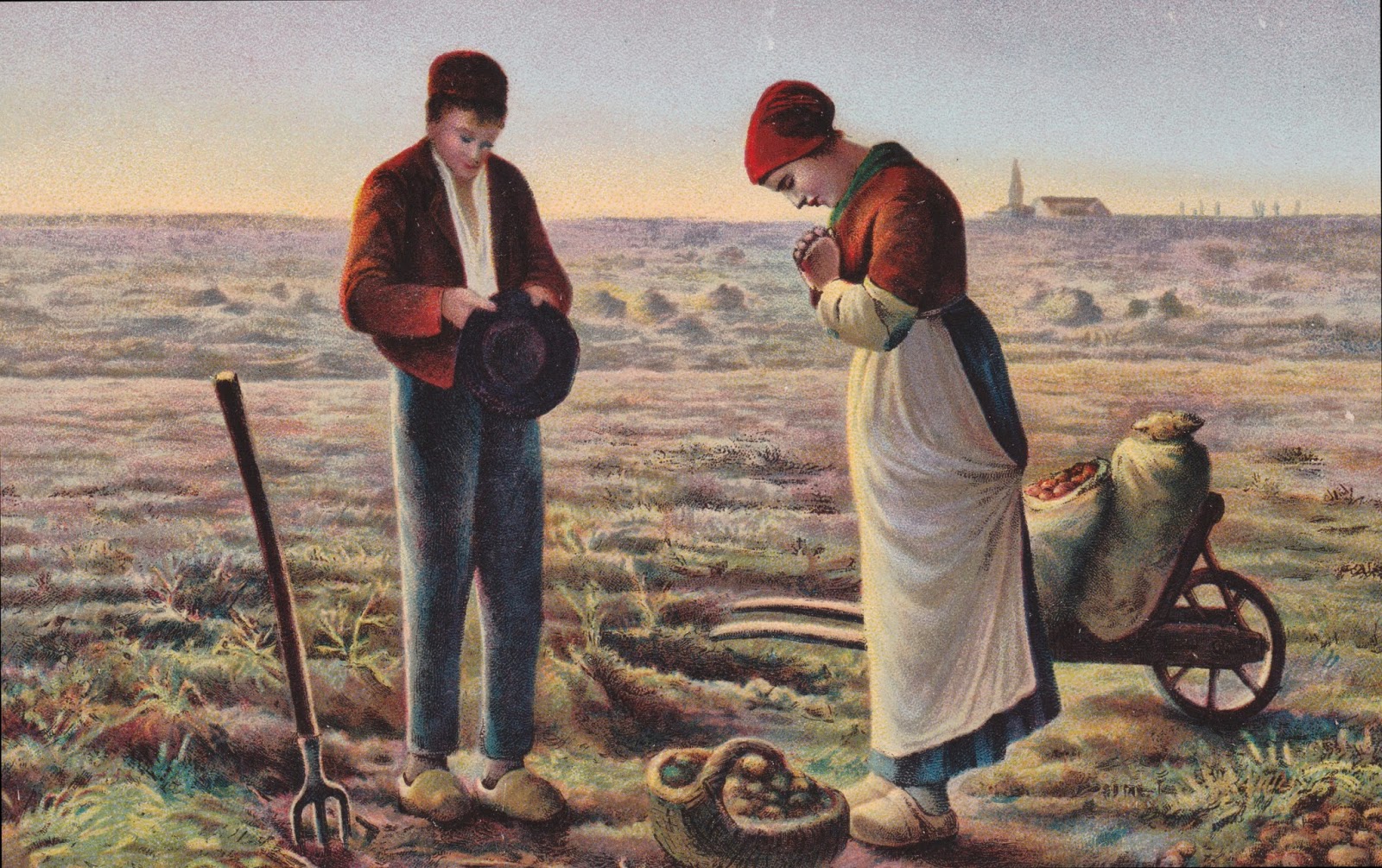Economies have no essential nature. Once this is recognized, many more opportunities for change present themselves.

Many of us, informed about world events and motivated by love and compassion, feel the need for profound economic transformation. We started long ago to question injustice, consumerism, and military-industrial ties. The growing specter of climate-change related disruptions has convinced even more people that ‘business as usual’ is not a viable option.
But what form should this transformation take, and how can we make it happen? I believe that insights from the careful study of both economics and Zen Buddhism can help us along this path—no matter what faith tradition we come from (if any).
I began studying social science, and eventually earned a PhD in Economics, because I thought these studies might help me to contribute to solving the problems of global poverty and hunger. Continue reading “Buddhism and economic transformation”





